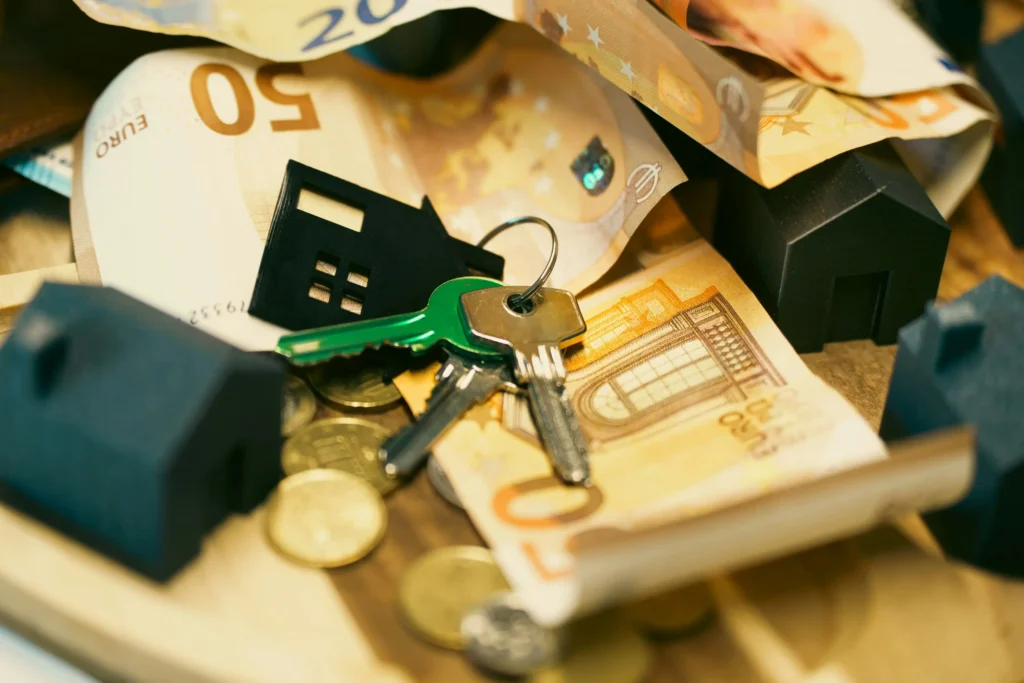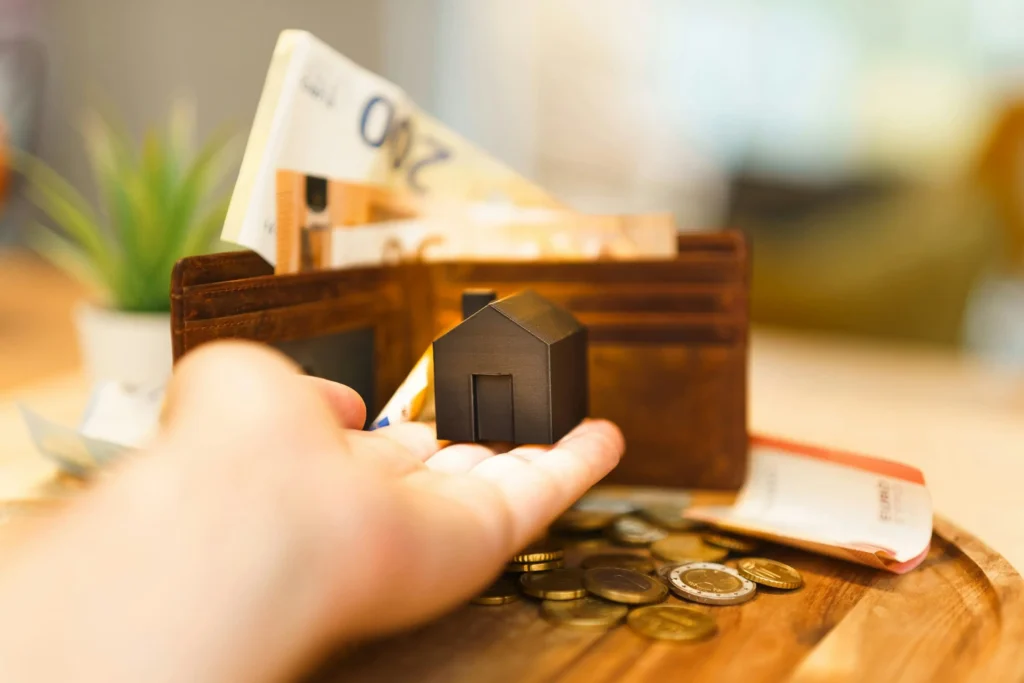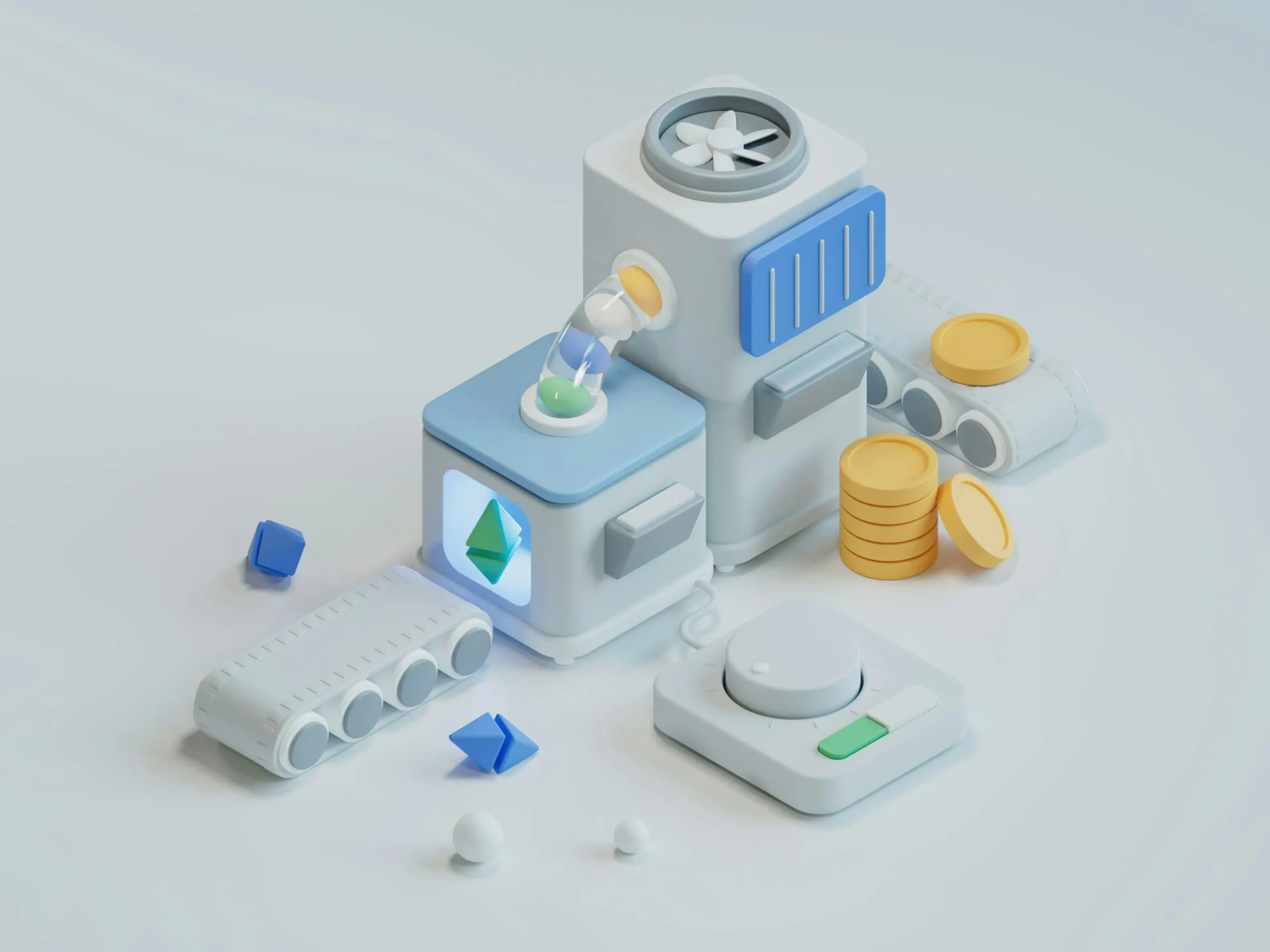Introduction: A Mortgage Revolution Is Quietly Underway
In 2025, the American housing market is undergoing a quiet but profound disruption. While traditional home financing remains dominant, tokenized mortgages in the U.S. real estate market are gaining traction.
Fueled by blockchain technology, tokenized mortgages offer a new way to buy homes — one that merges digital asset management, peer-to-peer lending, and financial innovation.
But what exactly is a tokenized mortgage, and how might it affect your next home purchase?
What Are Tokenized Mortgages?
A tokenized mortgage is a digital version of a traditional mortgage, where the loan or property rights are converted into tokens using blockchain. These tokens can be:
- Traded or sold on approved platforms
- Fractionally owned by multiple investors
- Backed by smart contracts that automate payments
Unlike traditional mortgages held by banks, tokenized mortgages are often open source and peer to peer, meaning they offer transparency, automation, and new opportunities for borrowers and investors alike.
How Blockchain Changes Home Buying
Using blockchain, every detail of a mortgage — from interest rate terms to payment history — is recorded on a distributed ledger. This allows for:
✅ Faster approvals
✅ Lower paperwork costs
✅ Better transparency for lenders and buyers
✅ Cross-border lending options
In fact, financial institutions and credit card companies are exploring how blockchain could simplify fiat currency-to-crypto mortgage transactions.
The Role of Digital Asset-Backed Mortgages
Digital assets — including cryptocurrency funds — can now be used as collateral in some tokenized mortgage platforms.
This opens the door for:
- Crypto-rich buyers to access traditional housing
- Investors to buy cryptocurrency and later leverage it for real estate
- Reduced dependency on fiat currencies
One startup, for example, allows borrowers to lock up private key access to their cryptocurrency funds as mortgage security. If they default, smart contracts trigger repayment protocols — no foreclosure lawyers needed.

Why Millennials and Gen Z Are Interested
Younger generations are frustrated by:
- High interest rates
- Limited access to credit cards
- A volatile job market
For them, tokenized mortgages offer flexibility:
- Use crypto assets instead of savings
- Participate in distributed ledger-based lending
- Gain access to fractional homeownership
It’s not just about homes — it’s about financial empowerment in a digital world.
Is It Safe?
That’s the billion-dollar question.
✅ Many tokenized mortgage platforms are regulated in the U.S.
✅ They’re being reviewed by the Securities and Exchange Commission (SEC)
✅ Smart contracts are increasingly audited by third parties
Still, risks remain:
⚠️ Volatility in cryptocurrency markets
⚠️ Regulatory uncertainty
⚠️ Lack of insurance protections in some platforms

The Rise of Tokenized Real Estate Funds
Tokenized mortgages are also fueling new kinds of investment vehicles like:
- Real estate cryptocurrency funds
- Blockchain ETFs tied to property tokens
- Peer-funded lending pools
These allow even small investors to own a share of real estate via cryptocurrency transactions — all backed by computing power and blockchain technology.
Case Study: Buying a Home with Stablecoins
In 2025, a Miami buyer purchased a condo using USDC stablecoin.
✅ The smart contract was signed in seconds
✅ Payment was verified in under 10 minutes
✅ Ownership transfer recorded directly on-chain
No middlemen. No credit card processing fees. Just a peer to peer, open source mortgage transaction backed by digital currency.

📌 FAQ Section
What is a tokenized mortgage?
A mortgage where the loan or property rights are converted into blockchain tokens, enabling digital ownership and trading.
Is it legal to use crypto for home buying in the U.S.?
Yes, several platforms operate legally under SEC guidance, though full regulations vary by state.
What are the risks of tokenized mortgages?
Crypto volatility, evolving regulations, and smart contract errors are key concerns.
Can I use Bitcoin or Ethereum as collateral?
Yes, some platforms accept major cryptocurrencies to back real estate loans.
💡 Bonus Tips
- 🔐 Always secure your private key — losing it could mean losing property access.
- 📄 Save all on-chain documents for tax filing and legal reference.
- 🧠 Use only licensed platforms approved by U.S. financial regulators.
- 🔍 Monitor your digital assets daily — they’re part of your home now.
🔗 You May Also Like:
- How AI Reads the Fed: Real-Time Market Reactions Explained
- Best Crypto Wallets for 2025: Safe & Easy Options
- Top Budgeting Apps for Gen Z in 2025
👤 Author Bio
SwipyWiro Finance Team
U.S.-based financial analysts exploring crypto, stocks, and real estate tech. Trusted by thousands of readers. Contact: imrajkumar756@gmail.com
📜 Financial Disclaimer
This article is for informational purposes only and does not constitute legal or financial advice. Consult a licensed advisor before investing or buying property.
📬 Contact
Need help or want your project featured on SwipyWiro?
Visit: https://swipywiro.com/contact

